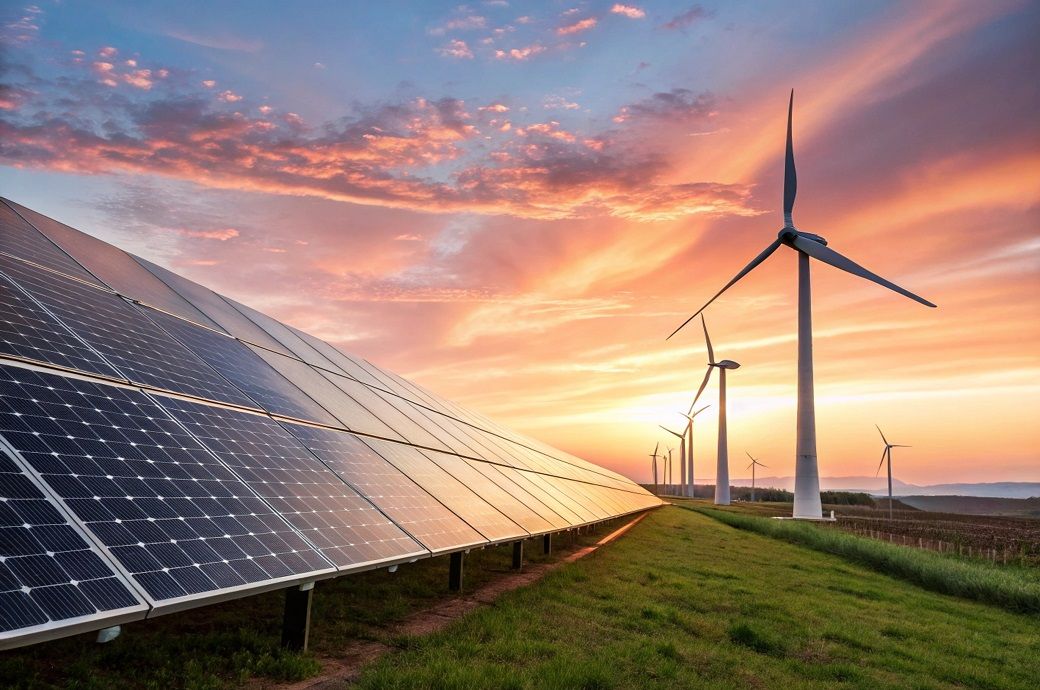
The new EU global climate and energy vision adds an external dimension to the Clean Industrial Deal and sets a new strategy to strengthen existing partnerships and forging new, mutually beneficial ones, an official release said.
Launched in February 2025, the EU's Clean Industrial Deal is a strategy to boost European industrial competitiveness and decarbonisation by lowering energy costs, accelerating clean technology, supporting circularity and developing skills.
As a market still dependent on fossil energy imports, renewables will remain at the heart of the EU's clean transition. Almost half of EU electricity was generated by renewables in 2024. This significantly increases the EU's energy independence and security. The EU has also seen an increase of 111% in the share of clean energy investments since 2015.
The vision proposes to ramp up the EU's clean technology manufacturing capacity to reach 15 per cent of the global technology market, while improving its industrial competitiveness, in line with the Clean Industrial Deal.
The vision also reaffirms the EU's commitment to a rules-based international order.
The EU will continue driving robust international climate policies. This includes stronger action to address the nexus between climate change, environmental degradation, and security and resilience by engaging at multilateral (UN and NATO) and bilateral levels.
It will implement the actions set out in the 2023 Joint Communication on the Climate-Security Nexus and continue combatting information manipulation and disinformation on climate change, the release noted.
The new vision presents a series of strategic actions for global energy and climate engagement to drive the clean transition, competitiveness and clean technologies and investments.
These include injecting political momentum by encouraging multilateral and bilateral fora and initiatives to deliver on the Paris Agreement and Global Stocktake commitments; boosting EU clean tech businesses internationally and enabling climate resilient investments by organising business fora, setting up an EU external Clean Transition Business Council, scaling up investments and establishing business models for climate adaptation; and supporting and connecting European businesses with global investments by making full use of the Global Gateway Investment Hub to assist joint investments projects outside the EU.
These also include expanding networks of mutually beneficial partnerships for global and resilient clean value chains and reforming global financial institutions for the clean and resilient transition and stepping up EU's climate security work.
ALCHEMPro News Desk (DS)
Receive daily prices and market insights straight to your inbox. Subscribe to AlchemPro Weekly!